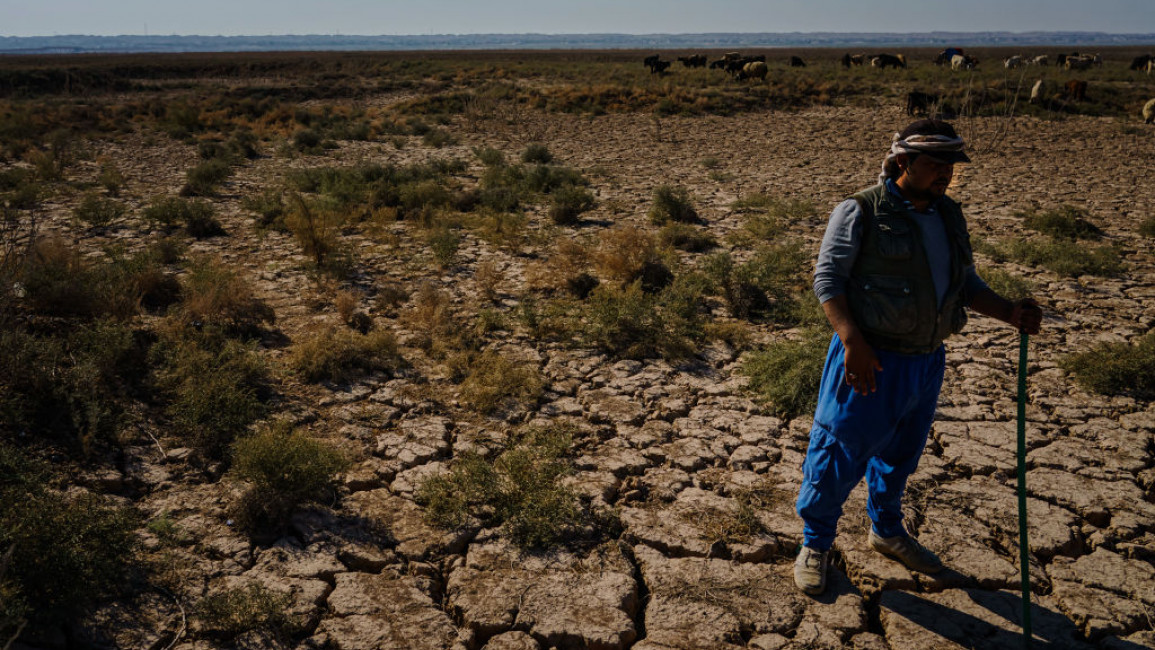UN Assistance Mission warns that water is 'dangerously' scarce in Iraq
The head of the United Nations Assistance Mission for Iraq warned on Tuesday of water shortages that have "taken their toll" on the country, in a statement posted on Twitter.
Jeanine Hennis-Plasschaert emphasised the dangers of water scarcity in the country as a "risk multiplier", stating she had witnessed "the many challenges Iraq is facing... first hand".
“Lower precipitation, water shortages, salinisation of soils and water, ineffective management of resources and population growth have all taken their toll [in Iraq]”, the UN official said.
The announcement was made to coincide with World Water Day 2022, which had a theme of groundwater - a resource that "must be protected and preserved" according to Hennis-Plasschaert.
Hennis-Palsschaert also highlighted active reduction of water inflows from neighbouring countries as "another serious threat".
Message from UN Iraq Special Representative Jeanine Hennis-Plasschaert on World Water Day 2022#WWD2022 #WorldWaterDay #Iraq pic.twitter.com/rVbbzYSGiV
— UNAMI (@UNIraq) March 22, 2022
“The harsh reality is that water scarcity is not only a present danger but also a risk multiplier; its potential impact on poverty, displacement and conflict has grave implications for Iraq’s stability and long term prosperity,” she added.
She noted that a water conference took place earlier this month, where "significant and wide ranging recommendations" were made.
However, she said the meeting "must now be followed by actions", asking politicians to "urgently and seriously address" the issue.
Last December, Iraq completed procedures to sue its neighbour Iran after accusing Tehran of reducing water flows from the Tigris and Euphrates rivers - which Iraq's water ministry previously said could dry up by 2040 due to declining water levels and climate change.
The oil-rich nation of 40 million has been facing economic, security, and health crises, compounded by increasingly severe droughts and low rainfall.



